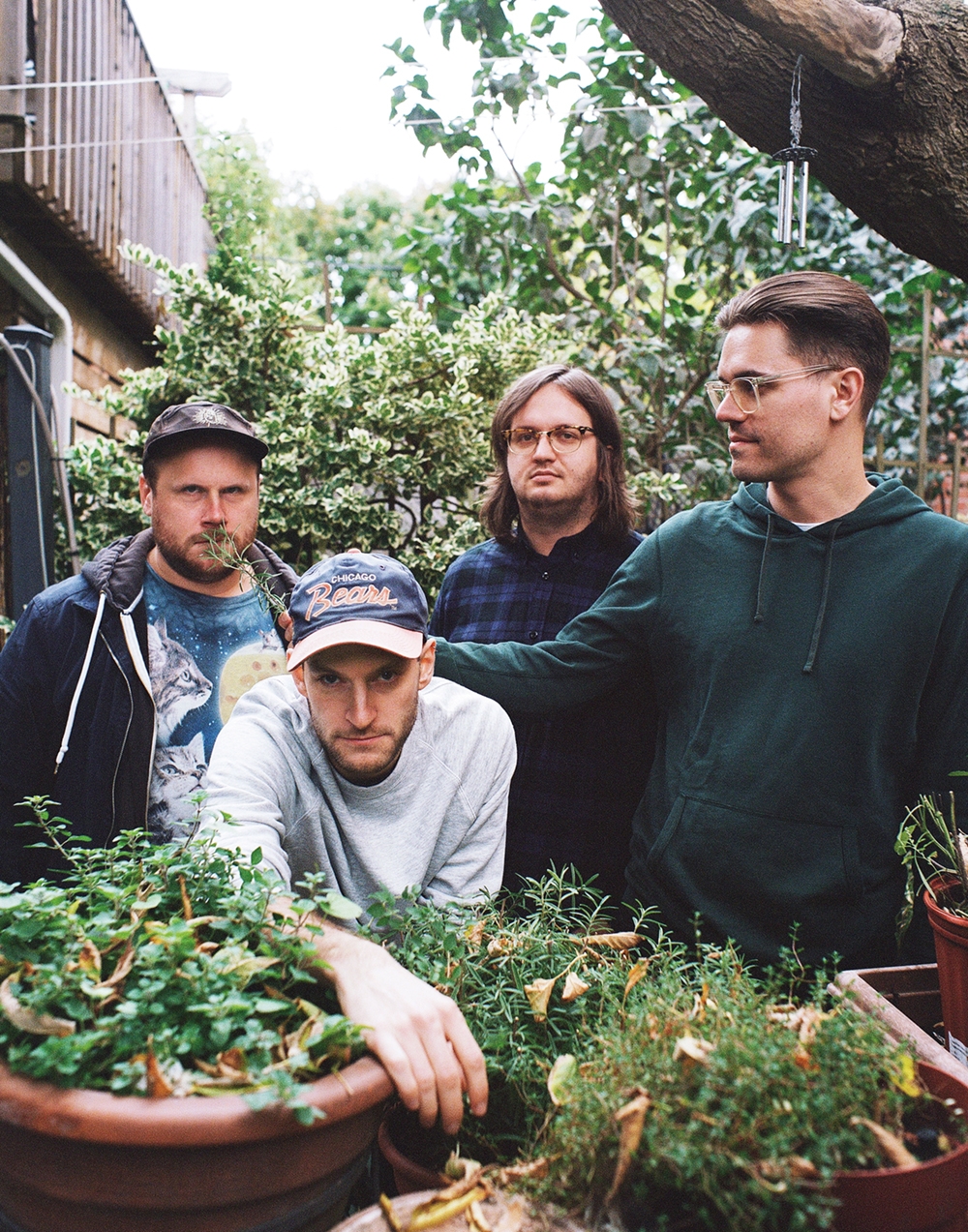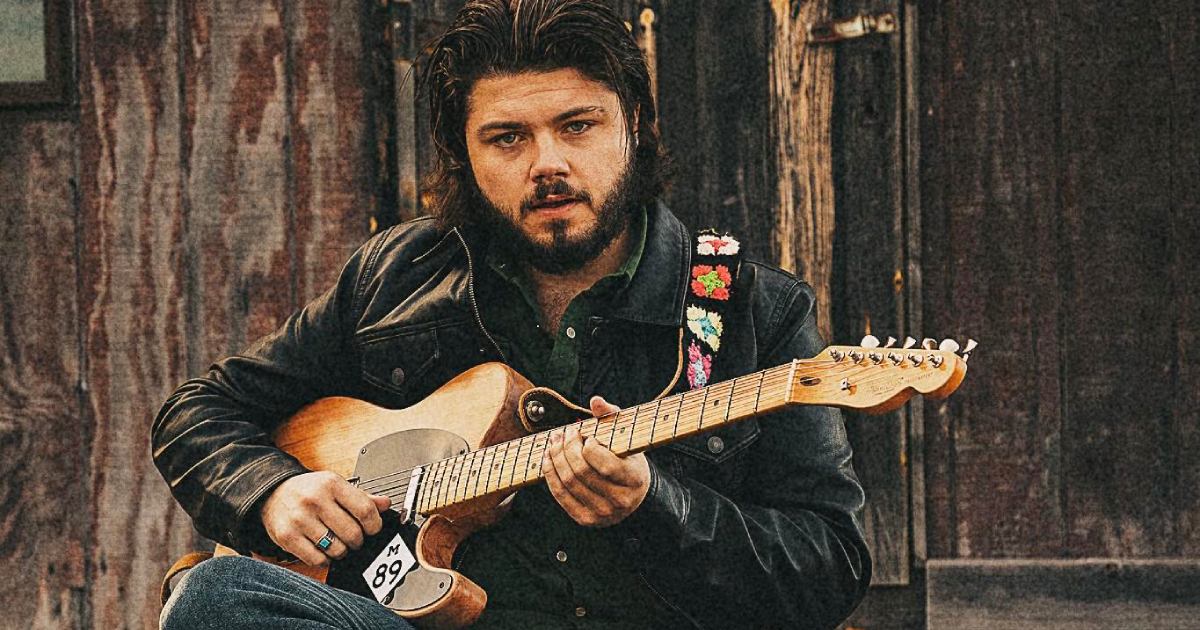Just days before talking with Revue about an upcoming fall tour (hitting Grand Rapids this month), guitarist Steve Sladkowski of the Canadian punk band PUP played the biggest show of his life.
Celebrating summer and the success of its latest LP, Morbid Stuff, released earlier this year, the band stepped out in front of a crowd of thousands at a massive outdoor concert space at Echo Beach in its hometown of Toronto. The band tore through a high-volume set that pulled from its nearly 10-year history and ignited more than its share of raucous mosh pits.
“It was surreal,” Sladkowski said of the experience. “It was really wild to see the communities of people that have found each other and developed because of this band, and have connected with what it is that we’re doing. It was one of those shows that I think I’ll remember for the rest of my life.”
But as anyone who has listened to any of PUP’s three full-length albums already knows, life wasn’t always so triumphant for the hard-touring band.
“We have a song called If This Tour Doesn’t Kill You, I Will, and we have made our complaints known far and wide,” Sladkowski said of the rigors and perils of playing nearly 250 shows a year over the past half-decade.
“Sometimes I try to be more mindful, because it’s difficult to look up in the moment and take in when it’s something profound or special, like what was happening at Echo Beach,” he added. “But we used to play clubs in Toronto to like 15 people, not even that long ago. Like really, truly not that long ago. So it’s just been crazy.”
Grinding it out in true DIY punk-rock fashion, PUP has worked hard to get where it is today.
The band began under the name Topanga back in 2010, before changing it to PUP – short for Pathetic Use of Purpose – back in 2013. Later that year, the band issued its self-titled debut album, which was met with widespread critical acclaim and opened the door for the Canadian band to play all over the world.
After completing tours of the U.S., the U.K. and Australia, PUP joined up with the 2015 Vans Warped Tour, before lead vocalist/guitarist Stefan Babcock received horrifying medical news that he had a cyst on his vocal cords and may never sing again.
Defiantly titling its second album The Dream Is Over, PUP doubled down, touring harder than ever and putting the members through hell to make it or die trying.
Against the odds – and defying supposed current music trends – the emo-inspired outfit broke through, drawing bigger and bigger audiences everywhere it went while earning praise from Canada’s Juno Awards and Polaris Music Prize.
But that success didn’t come without its price for the band.
“There were certainly times when there were more toxic elements to how we dealt with our emotions, regarding the band and toward each other,” Sladkowski said about some of PUP’s dark days slogging its way to stardom.
The band processed its shared struggles with maintaining mental health while on the road on its latest LP, Morbid Stuff.
With song titles like See You At Your Funeral and Full Blown Meltdown, the cathartic album doesn’t shy away from difficult personal subjects, often putting the band’s own internal conflicts front and center.
“We’re adults, but in a sense, this job that we have – the escapist nature of being on tour — doesn’t mean that life just stops,” Sladkowski said. “So in a way, that’s allowed us to be more open and read each other and know when to give each other time and space and not to push each other’s buttons.”
With its recent success, the band has now become something of a punk-rock champion for mental health awareness, continuing to support one another and their fan base through outreach, engagement and an ongoing nonprofit initiative.
“We as individuals, especially with something that’s so personal and nuanced as individual mental health, we can only control ourselves and how we go about doing things,” Sladkowski said. “So for me, I think it’s a way to lead by example and show people, especially since we’re a band of straight white males who are affected by mental illnesses. We’re among the people who struggle the most to speak about it, which leads to a lot of toxic behaviors.
“If we can lead by example and show there’s a way through that can be constructive and positive and open ... I find myself falling into old patterns that degrade my mental state, but being open and honest about that has really helped us as a unit, and I think if people can learn from that, and learn that there are things that they can find that can work for them, and it helps them take the initiative to do the work for themselves, I think we’ve accomplished our goal.”
PUP – Falls Apart Tour
wsg. Illuminati Hotties
Elevation (inside The Intersection), 133 Grandville Ave. SW, Grand Rapids
Sept. 29, 7 p.m., $20-25, all-ages
sectionlive.com, (616) 451-8232





